The future of work is more uncertain than at any point in a century, writes Julia Hobsbawm, highlighting that, according to the World Economic Forum, about a quarter of jobs will change by 2028. But what do we know about this ever-changing landscape? While fears of job loss are common, history shows that new technologies lead to job evolution rather than extinction. AI and technology means flexible, stackable skills will replace rigid job roles, requiring us to embrace adaptability.
Let’s begin with the richest man in the world, a man who employs over a hundred thousand people worldwide, and the human currently most associated with technology anywhere on the planet: Elon Musk. Is his working assumption, delivered in his famously direct way so beloved of journalists, correct – that the end of the job is nigh? Well, to quote from Evelyn Waugh’s Scoop, that 1938 magisterial parody of media barons, “up to a point, Lord Copper”.
___
If you think about it, we are at a similar inflexion point to the 1920s.
___
Or, if you prefer your references closer to historical home, here’s the most unintentionally apt statement a politician may have ever made – US Secretary of State Donald Rumsfeld in 2002: “There are known knowns. These are things we know that we know. There are known unknowns. That is to say, there are things that we know we don’t know. But there are also unknown unknowns. There are things we don’t know we don’t know.” Well, there are some things we do know and some which are no exaggeration. The future of work is more uncertain than at any point in a century. If you think about it, we are at a similar inflexion point to the 1920s. First, we’re coming out of a pandemic (replace Spanish Flu with Covid-19); second, we are grappling with the impact of new technologies of unprecedented scale and speed (replace automation and mass assembly lines with generative AI, VR and robotics). Third, people are able to communicate extensively in new ways (replace the arrival of radio, television and the movies in the 1920s, a mass but passive consumption of media, with today’s instantly interactive world of TikTok, YouTube, Facebook and X).
___
As Henry Coutinho-Mason, an innovations expert, put it to me: “We’re not going to lose our jobs so much as lose our job descriptions”.
___
Bang in the middle of all of this turmoil are people. People who work. Nearly three and a half billion people work around the world. The latest World Economic Forum’s Future of Jobs report suggests that roughly a quarter of jobs “will change” by 2028 and that this includes not only jobs lost as a result of new technology, but gained through the creation of newly created “green jobs”.
SUGGESTED VIEWING The dream and danger of AI With Liv Boeree, Dominic Walliman







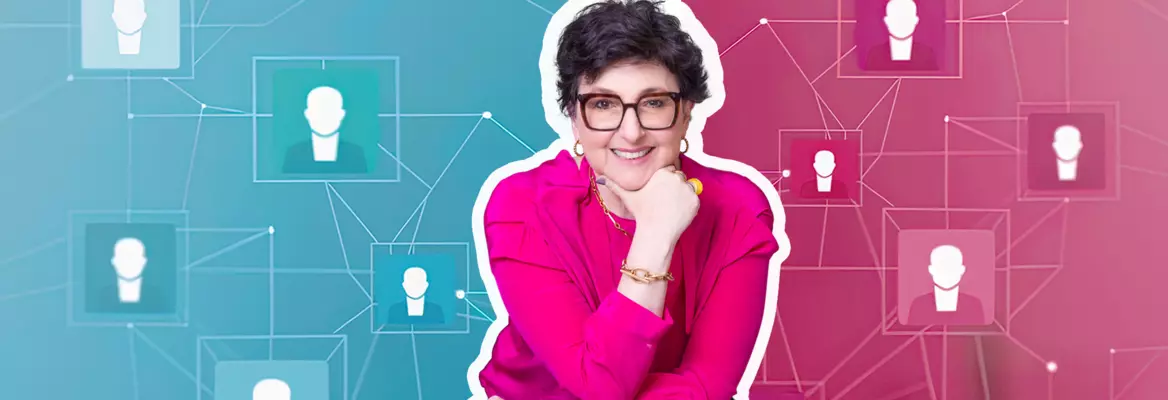

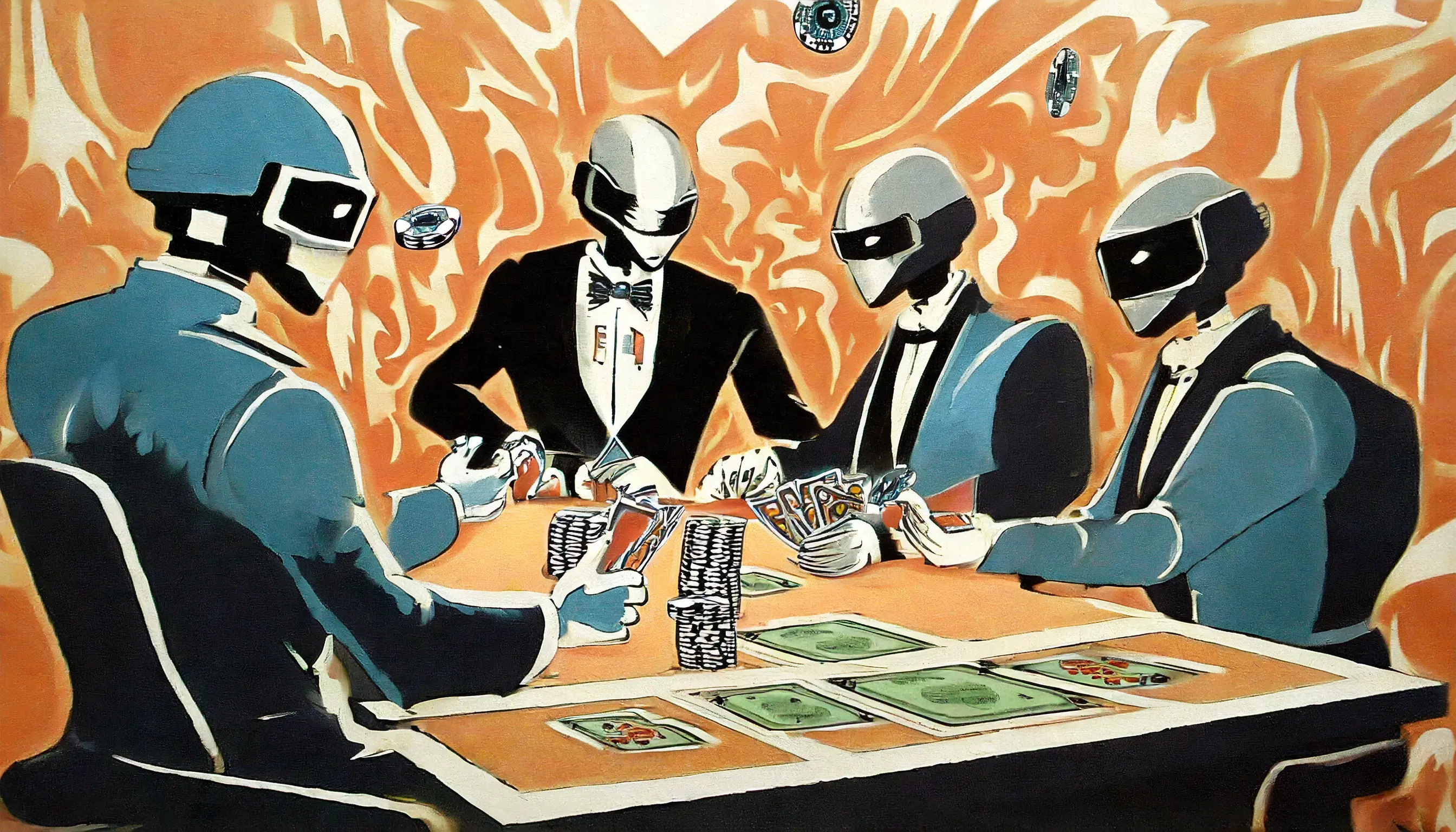

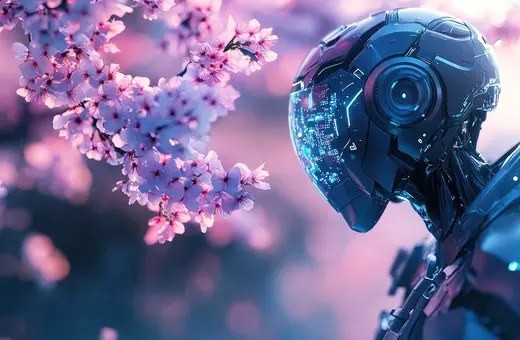

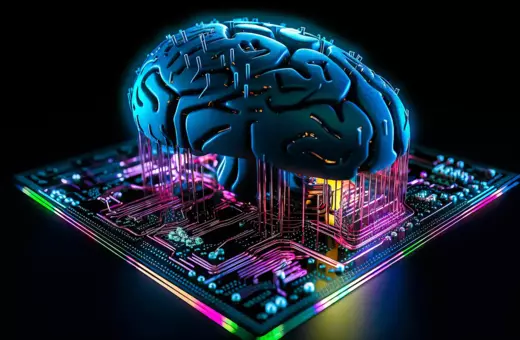

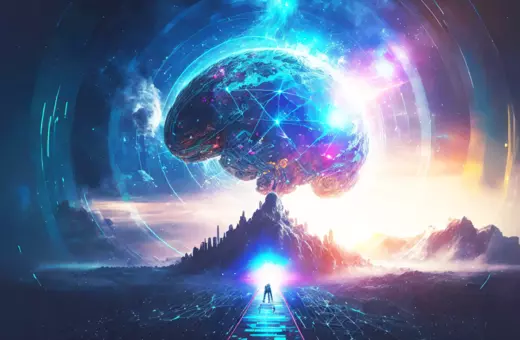





Join the conversation